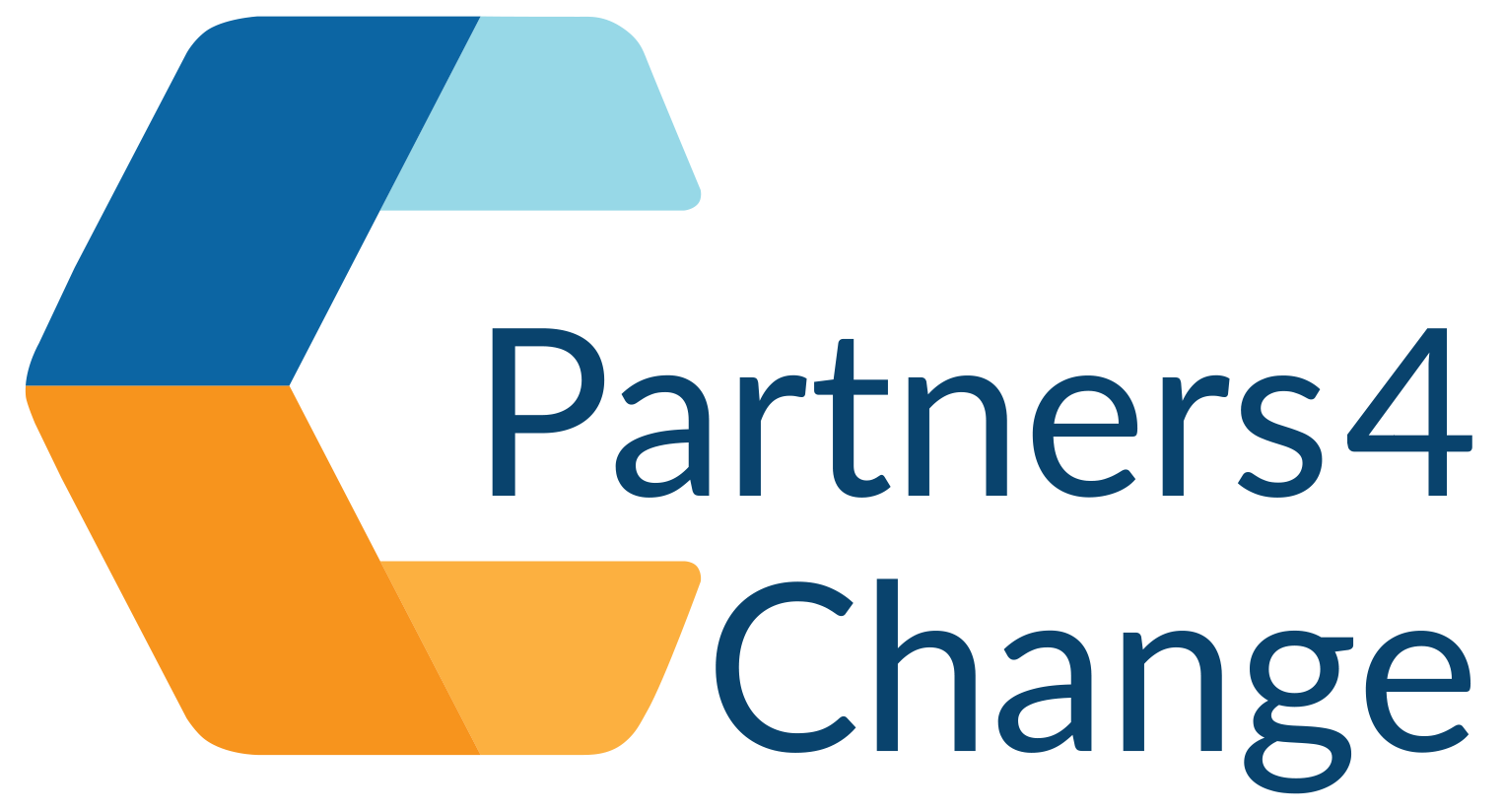The Three Conversations® in mental health in Wolverhampton
When I first heard Sam Newman talk about The Three Conversations® I knew it was an approach that could push the boundaries of what we had been doing in our mental health social care team. Having dissolved the s75 arrangements with the local Trust in 2012, the team had strengthened its social work identity and was working in a Care Act compliant way. The legacy of working within a medical model system was still apparent however, and visiting people at home to ‘carry out assessments’, ‘undertake reviews’ and ‘put in services to meet need’ was only continuing to reinforce a deficit model, which imposed solutions on people based on the professional evaluation of presenting problems. People were waiting weeks to meet with a social worker, and when they did, they would wait longer still for a Care Act assessment to be completed and services provided. Social workers were spending more time sitting at their desks completing long forms, than they were with people they were writing about. The expectation of other professionals was that service provision would be the outcome of assessment, and this was often communicated to people waiting for an assessment, which could result in a narrow focus to the initial discussions.
Our 13-week innovation site started in May 2018 with half of the team, however there was soon a tension between the two ways of working, and we consequently decided that the whole team would work in The Three Conversations® way. All decisions about the innovation site were made in regular team huddles, ensuring that our working practices modelled the inclusive, collaborative approach that we wanted to embody. Whilst managers were present, our role was to take part in discussions and not necessarily lead them. There was a change to the operational managers role from an administrative and compliance function, to one of inspiring and encouraging discussion and creative thinking. The huddles have continued to be a vital element of the team and have encouraged cohesiveness, critical thinking and mutual support.
Some aspects of the change to The Three Conversations® have been challenging, including managing anxiety arising from the loss of a referral and allocation system, and building confidence to identify and discuss alternatives to formal services with people. One of the early benefits to be noticed by the team however, was the reduction in the amount of time they spent sitting at their computers. The long assessment form (with drop-down boxes for every eventuality) was replaced with simple conversation records which have very little fixed text, but remain Care Act compliant. This allows social workers to note in a proportionate way what has been said when they talk to people about what is happening in their lives. Less reliance on completing prescriptive forms means that the conversation is not confined to what’s gone wrong, but also gives a better prospect of finding out what’s going well in the person’s life, and to identify opportunities that exist for them. Along with changing the duty system so that people were put straight through to the social worker who would be the person they worked with, these two things alone meant that people waiting to talk to the team was reduced from 45 to none within a few weeks.
At the end of the 13-week innovation site the team chose to continue with The Three Conversations®, and we subsequently had the first stage evaluation. The story this tells us includes that we are connecting with people much faster, and the average time from first contact to completion of a Conversation 3 (old world assessment) has fallen dramatically. We are having a Conversation 1 with over two thirds of people however, so we connected with many more people who didn’t subsequently receive formal services than did. A common theme from the stories of difference was, by being able to start conversations with people immediately, we are more likely to be able to help provide effective preventative support and build relationships. Additionally, bureaucracy has reduced, and workers have reported an increase in morale and job satisfaction. We have also identified areas for further development, which includes more work to improve community knowledge, and increasing the amount of conversations we are having with carers.
Many positive stories of difference have been written by team members, which highlight what is likely to have happened before The Three Conversations® and what has been possible using the new approach, and encouraging feedback has been received from CPN and psychiatrist colleagues. Challenging each other not to use ‘banned words’ (such as assessment, review, referral, cases, service users) is beginning to help us to think about how professionalised jargon can be dehumanising and perpetuates stigma. We are having more discussion in the team about issues such as paternalism, connecting people to their community, and how diagnosis can get in the way of a trauma-informed response and understanding people’s individual experience of mental health issues. The challenge for us now is to get out into the community to identify what’s available that contributes to supporting general health and well-being, and support developments which generate solutions to common human issues such as loneliness and isolation. To make a start on this, the team went out in groups across the city (on a very wet and windy day!) recently, to gather information about what’s already happening in the city. The resources identified ranged from organisations such as community centres, through to friendship groups and coffee mornings, right down to smaller initiatives such as someone offering free English language lessons to people from a church room. The richness and diversity of what the community offers was astounding, and we were not previously aware of much of it beforehand. This community presence and knowledge will be something we embed in the team function going forward, as we continue to strive to support people to live their own idea of a good life.
